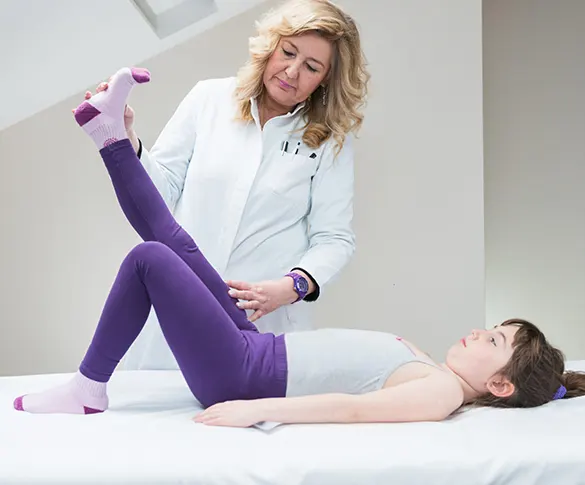Your Brief Guide to School Physicals: What Parents Should Know
Purpose of School Physicals:
School physicals aim to ascertain your child's health and readiness for the upcoming school year. These annual visits are essential for tracking growth patterns and safeguarding against potential health risks.
Why Opt for School Physicals?

School physicals, often mandated by educational institutions, ensure students are fit for both academic activities and extracurriculars, especially sports.
- Holistic Developmental Monitoring: This check-up offers an in-depth look into a student’s emotional, physical, and behavioral well-being. Concerns like chronic conditions that might impact their schooling are addressed.
- Vaccination Updates: It's a prime opportunity to stay updated with immunizations.
- Open Communication: Engage in dialogues about any nutritional or sleep challenges your child might be facing.
Significance of Medical History:
A comprehensive medical history informs the doctor's decisions. Expect queries about:
- Family illnesses or hereditary conditions.
- Past diagnoses like asthma or diabetes.
- Previous surgical procedures or hospitalizations.
- Past injuries, especially if they've led to chronic issues.
- Episodes of unusual symptoms during physical activity.
- Current medications.
What’s Included in the Physical?
The comprehensive examination entails:
- Recording current height and weight.
- Checking vital signs.
- Assessments of vision and hearing.
- Examination of heart, lungs, ears, abdomen, and more.
- Evaluation of posture, joint health, and physical strength.
Throughout, the physician will keep you abreast of findings, highlighting any areas of concern.
Physicals Across Age Groups:
Though the core components of a school physical remain consistent, certain age-specific considerations are vital:
- Kindergarten & Preschool: Ensure vaccinations are current. It’s also an introduction to regular doctor visits.
- Elementary School: Children usually enjoy seeing their growth metrics. This is also a time to instill good health habits.
- Adolescence (11-15 years): As bodies undergo significant transformations, the physician will address these changes, ensuring your child has a clear understanding and a platform to voice concerns.
Stay proactive about your child's health and ensure they're primed for success in the coming academic year.
